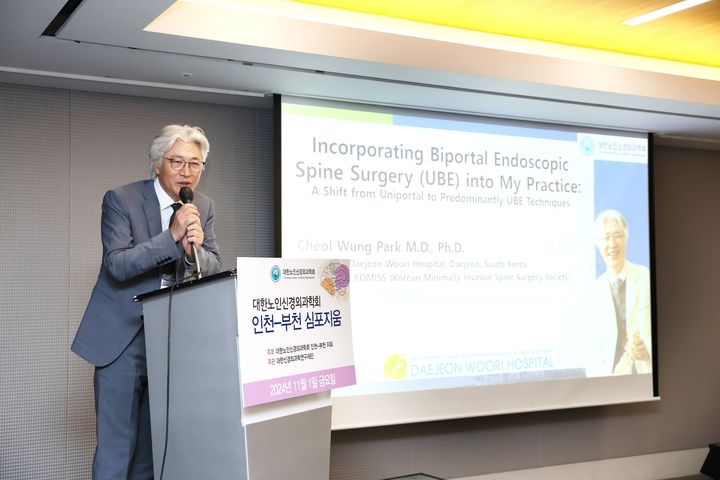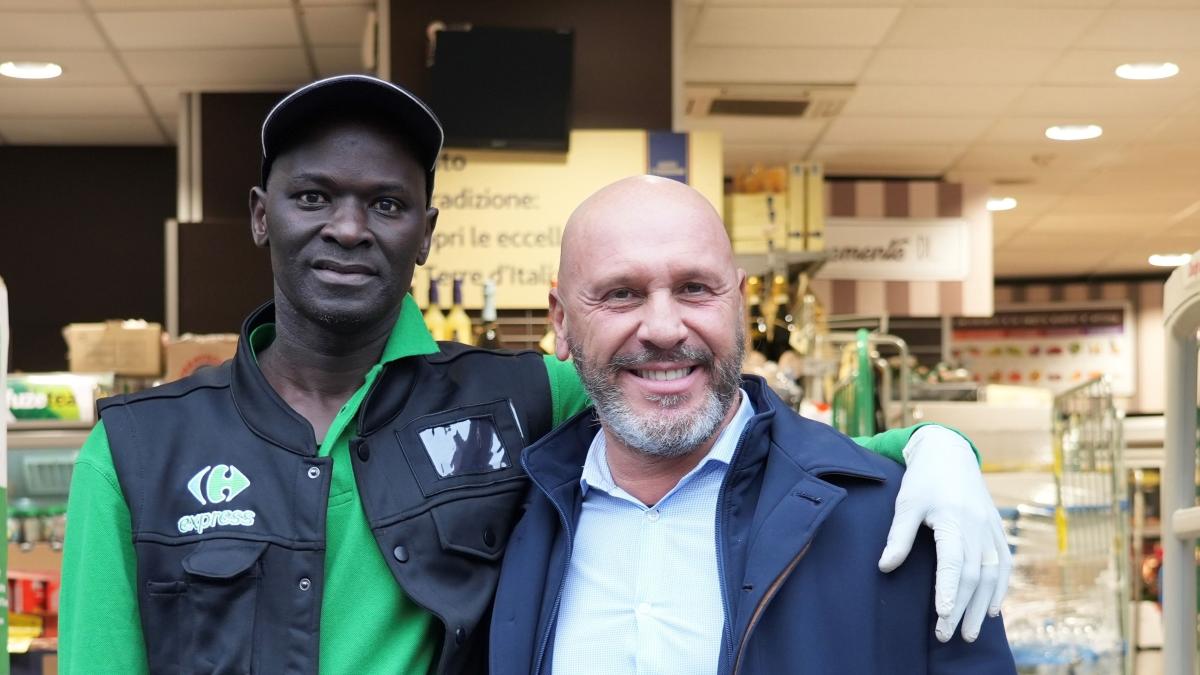A new remote psychiatry service to offer support to young people with social isolation. The Solitaire telematic project began in the Psychiatry B department of the Aoui in Verona, directed by Professor Mirella Ruggeri, which, through individual psychotherapy and cognitive rehabilitation, aims to bring young people who isolate themselves and become estranged from collective life back into society (the so-called hikikomori).
The project is aimed at young adults, between 18 and 45 years old, who suffer from moderate or severe social isolation and their family members. Psychotherapy delivered in digital format, with an online visit, combined with the rehabilitation of cognitive-social skills, will allow better management of emotions and consequently of social relationships. For family members, a psychoeducational intervention is provided.
Participation is free, just contact the number by phone 045 8124038 or write an email to [email protected] oa [email protected].
The Solitaire project (Social isOLation In youThs And theIR familiEs) provides digital interventions to combat youth isolation and is financed by the Pnrr. It is coordinated by Professor Ruggeri assisted by Professor Marcella Bellani. The team is completed by Dr. Maria Gloria Rossetti and Dr. Maria Diletta Buio.
The clinical objective is to test the feasibility and preliminary effectiveness of a new tele-psychiatry approach that combines individual psychotherapy and cognitive rehabilitation. The effectiveness is measured in terms of improvement in cognitive functions and social, interpersonal and work functioning of a group of patients subjected to a cycle of remote cognitive behavioral therapy (CBT), combined with computerized cognitive training (Cognitive Remediation or Cr ) and is compared with that of a group of patients who only undergo Cbt. The hypothesis investigated is that the synergistic approach of Cbt and Cr produces more durable and generalizable results compared to the intervention of Cbt alone in isolated patients. The improvement of cognitive-social skills would in fact favor a symptomatic change and the generalization of the skills learned during therapy to everyday life contexts, improving the overall social functioning of patients.
The study sees the Aoui of Verona as the leader and also involves the Eugenio Medea hospital of Brindisi, the Cnr and the university of Milan. The hospital will observe the effectiveness of the interventions on adolescents between 11 and 17 years old, while the Cnr of Milan will use an animal model of social isolation to identify biomarkers which will then be compared with those of the patients. Finally, the University of Milan will investigate the differences in the speech produced by patients with social isolation before, during and after therapy.


